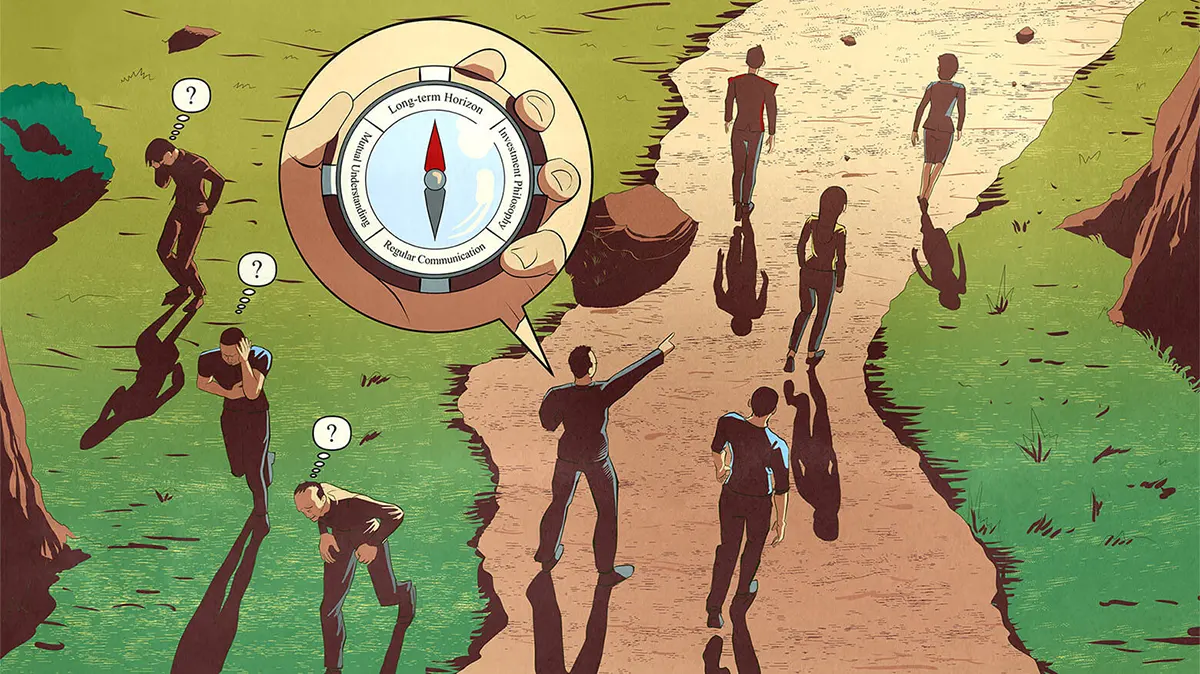You want to buy straw hats in the winter. This sums up an important kernel of successful value investing: making decisions (buying and selling) that are unpopular at the time. (Of course, one has to make sure that, due to global climate change, winter is not swiftly followed by an ice age. In the case of the stocks I am about to discuss, today is winter and the summer will come again.)
In the following article that I wrote for Forbes.com I describe why we believe that HMO stocks like United Healthcare (UNH) and Well Point (WLP) (we own both) are incredible buys. Stocks had a small run since I wrote it, but their valuations are still compelling.









0 comments